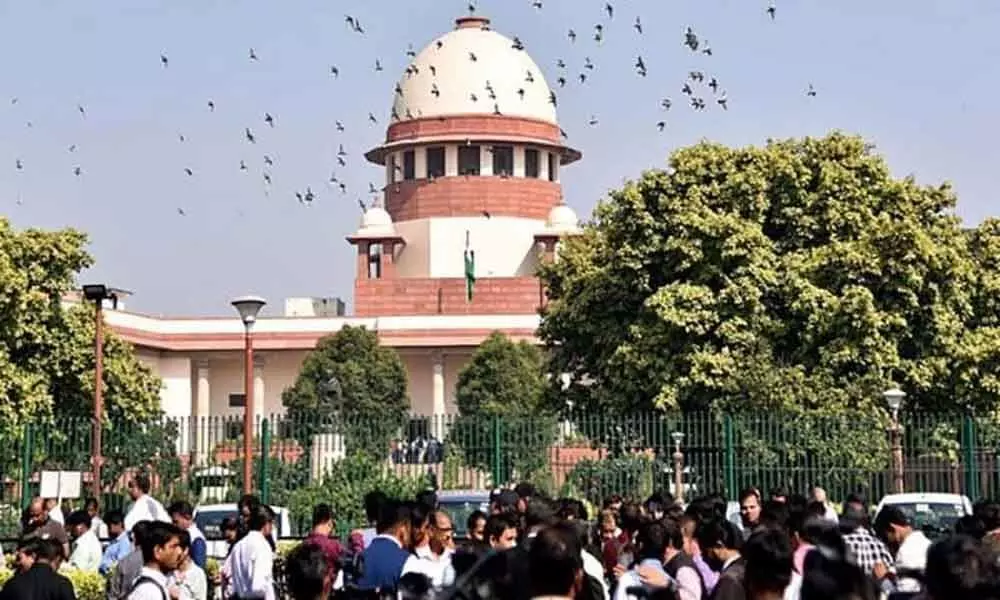Anti-CAA Protests: Supreme Court issues notice to Centre

The CJI said they have issued a notice to the SC and will be heard in January 2020.
New Delhi: The Supreme Court had scheduled to hear the 60 review petitions filed against the Citizenship Amendment Bill today. During the hearing, the Chief Justice of India said many issues pertaining to the Act must be looked at, and a notice has been issued to the Centre regarding the same.
Many lawyers argued in court against the Act, and some for it. The CJI however, said that the matter will be heard in the second week of January in 2020, following the centre's response.
Of the many petitions, one was filed by AIMIM chief Asaduddin Owaisi. AIMIM chief Asaduddin Owaisi filed a petition before the Supreme Court challenging the Citizenship Amendment Act earlier this month. In the intense talks that went on in the Parliament over the last few days that resulted in the Citizenship Amendment Bill becoming an Act, the AIMIM leader was seen tearing up a copy of the Citizenship (Amendment) Bill, 2019, in the Lok Sabha. He had said that the bill seeks to divide the country on religious grounds, which is against the constitution of India.
Speaking in the Lok Sabha, Owaisi had said that the Bill is not only the part of a conspiracy to make Indian Muslims stateless but will also lead to pose a risk to the national security. Defending his act of tearing the Bill, Asaduddin Owaisi said that he was following the footprints of Mahatma Gandhi, who opposed the certificate which was issued to Asia-origin people in South Africa.
Four new petitions were filed by Social Democratic Party of India with the same concerns. The plea states that "Making a law pertaining only to three neighbouring Islamic States is a policy that discriminates on the basis of religion with no reasonable or rational basis for such classification. Pakistan, Afghanistan and Bangladesh are not the only 3 theocratic States where religious minorities face persecution. The other theocratic States among India neighbors are Sri Lanka where Christians, Tamil Hindus and Muslims face persecution, Nepal and Bhutan where Christians are persecuted…Therefore if the object of the bill is to give citizenship to those suffering religious persecution, then the only reasonable criteria having nexus with that objective as far as choice of country is concerned can be: countries where certain religious minorities face persecution."








